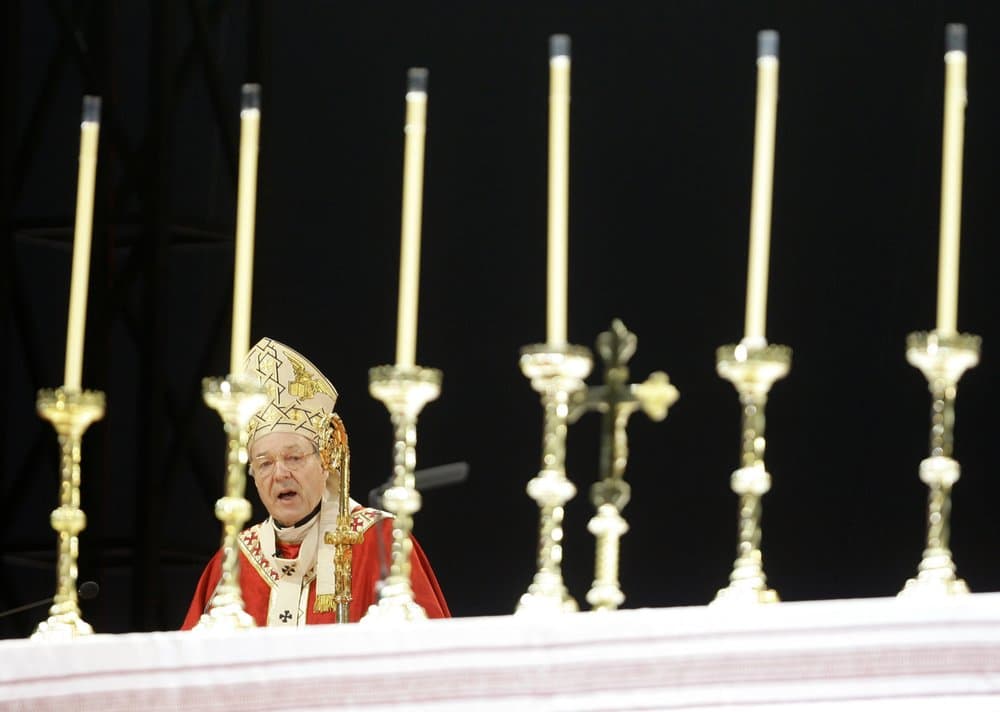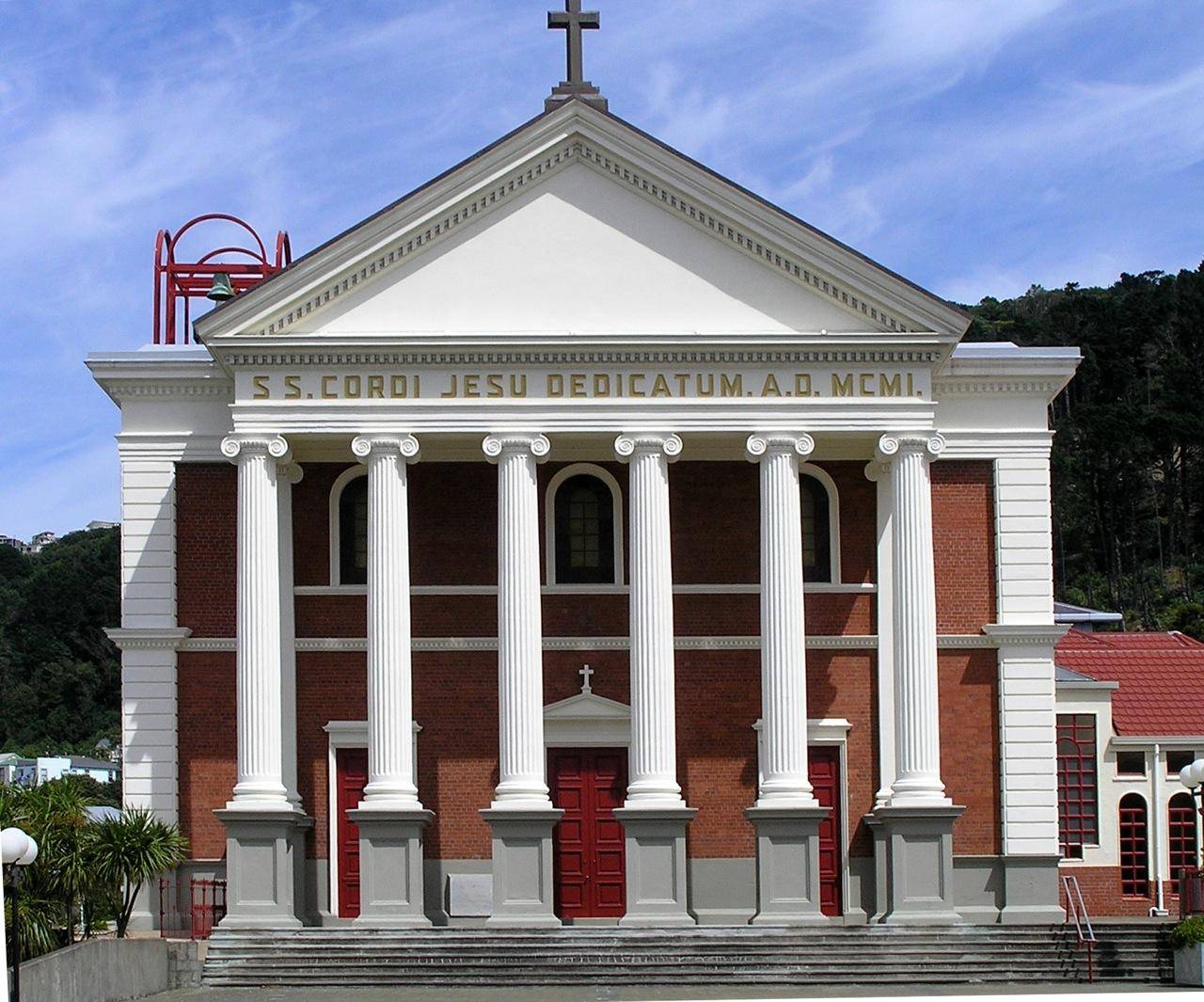ROSARIO, Argentina – To hear Catholicism’s most famous former inmate tell the story, the experience of being in jail actually offers improbable insights for Church management, perhaps especially managing money.
In a new video released Tuesday, Australian Cardinal George Pell, who spent more than 400 days in jail after a conviction for a sexual abuse charge that was eventually overturned by his country’s High Court, said it was important for him behind bars not only to pray but also to maintain a healthy daily routine.
Pell said he stayed awake every day after prisoners were roused early in the morning, even though many of his fellow inmates would go back to bed. He did exercise, he said, kept a careful watch over his diet, and came out having lost weight and perhaps in better shape than he went in.
That experience, Pell suggested, is a metaphor for the necessary intersection of deep spirituality and best practices in business administration when it comes to running the Church.
“Basically, we believe that Grace works through nature,” he said in the video. “And it’s one thing to have a spiritual vision, which comes from Christ. Another thing is to have a plan or a project. Of course, to implement those things you need managerial skills: Human capacity which is trained for good and godly purposes.”
Then, the ever-blunt Pell also delivered a warning.
“The Church is not a business,” he said. “The Church is supernatural … [but] to say that the Church is not a business provides no justification for us to be inefficient, much less corrupt.”
Named in 2014 by Pope Francis as his first Secretary of the Economy, essentially the Vatican’s treasurer, Pell was speaking in a video for the Global Institute of Church Management at Rome’s Pontifical University of the Holy Cross, run by Opus Dei. Pell called the program “impressive” and applauded the relative speed with which it’s been launched.
Known for his aggressive attempts at reform prior to the sex abuse charges in Australia, Pell reflected on the ambivalence of money in the life of the Church.
“We worship the one true God who’s transcendent, but we believe in the incarnation,” Pell said. “[We believe] that God sent his only Son to come and live with us. We bring the presence of Christ and of God into our communities. And we have to use money and methodology to do this.”
“Undoubtedly, while money is God’s gift, it’s also a temptation,” he said.
When it comes to “Church enterprises, the way we serve the people,” Pell said the key is not only about praying regularly.
“We have to be able to put our vision [inspired by God] into action,” he said. “This means that we have to be able to implement our service to people.”
Pell also said that God says “a lot” about riches, and that he was “clear” on the subject.
“I was much disconcerted when I read, must have been a decade or so ago, that Our Lord condemned the love of riches more than he condemned hypocrisy,” he said.
“The only group to whom our Lord took the whip were the money changers and traders in the temple,” the cardinal said. “Money is a tainted thing. I thoroughly enjoyed my work with money, it’s quite fascinating, but it needs to be controlled and managed.”
The Global Institute of Church Management, a U.S.-based non-profit, was started at the request of Pell on the behalf of the Holy See while he was the head of the Secretariat for the Economy, a position he was appointed to by Pope Francis, who also had him as one of the original members of the council of cardinal advisors that’s helping him reform the Roman Curia.
The cardinal’s position in this council wasn’t renewed, as he was in Australia facing trial when the original term expired.
Clerics, seminarians, religious and lay people attend the year-long program to grow their economic, financial and administrative skills in order better help the Church properly manage its material assets. According to the website of the program, the “pastoral use” of the Church’s money is a “constitutive element” of the institution, and “the correct dealing with money is an important element of the spirituality of any person entrusted with leadership roles.”
“Unlike secular business schools where students learn to create wealth and build businesses, this program focuses on how to serve the poor effectively and use the material assets of the Church honestly,” the website says.
Collaborating with the Opus Dei-run pontifical university are Catholic University of America, the Kellogg School of Management of Northwestern University, the University of St. Thomas in Minnesota and the Leadership Roundtable.
Follow Inés San Martín on Twitter: @inesanma















